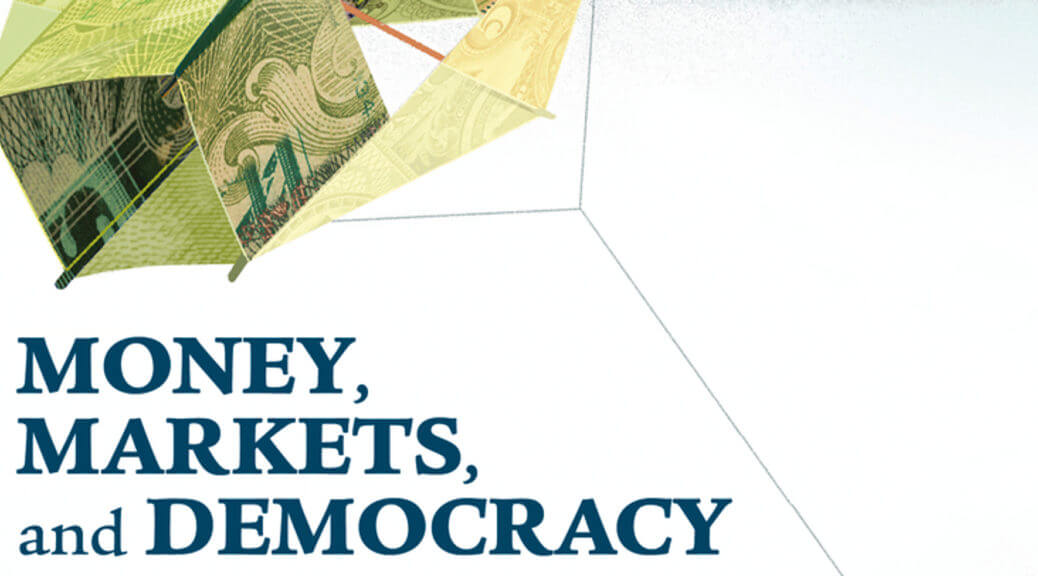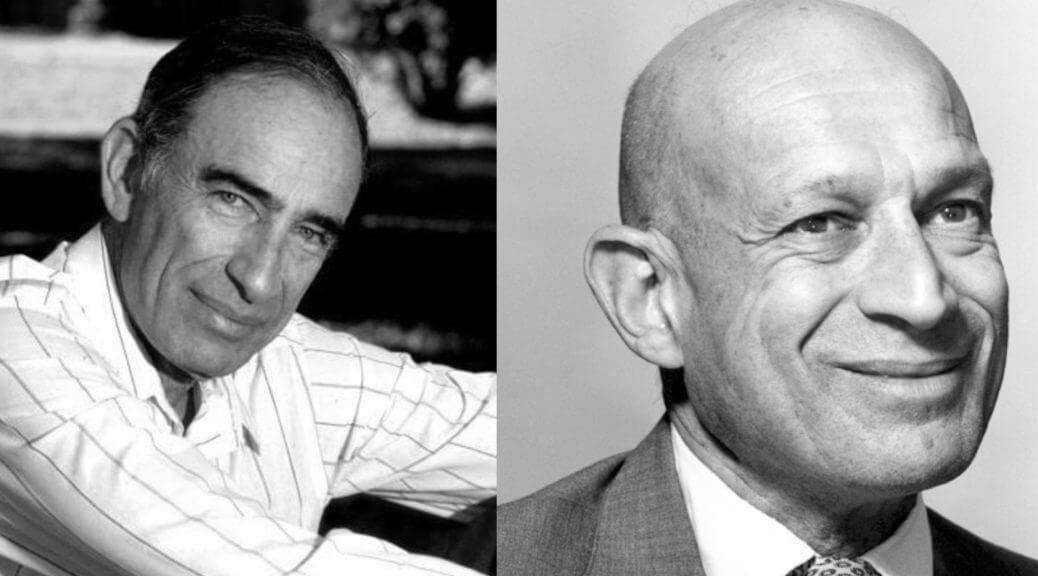What follows is an edited transcript of the first part of my conversation with Gret Glyer, creator of DonorSee. For the full conversation, listen to the episode.
Petersen: My guest today is Gret Glyer, he is the creator of a new app called DonorSee. Gret, welcome to Economics Detective Radio.
Glyer: Thank you for having me, Garrett. How are you?
Petersen: I am great! So, DonorSee is a charitable giving app with a very interesting twist which—we’ll get to the app itself in a little bit—but first let’s start with some background. Tell us a little bit about yourself and how you got involved with the nonprofit sector.
Glyer: Sure. So, I graduated from college in 2012 and immediately started working at a rental car company and did that for about a year and did really well. And I was promoted very quickly and I was told by upper management I was going to skyrocket through the ranks and that whole idea of being very successful having six or seven figure income, getting a company car, that kind of stuff, was just a depressing thought to me because I didn’t want to wake up in twenty years and be really good at renting cars to people. Continue reading DonorSee and the Future of Charitable Giving with Gret Glyer
Subscribe to Economics Detective Radio on iTunes, Android, or Stitcher.












